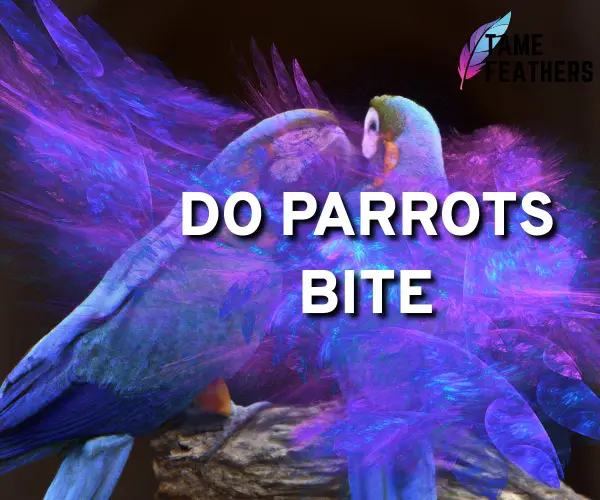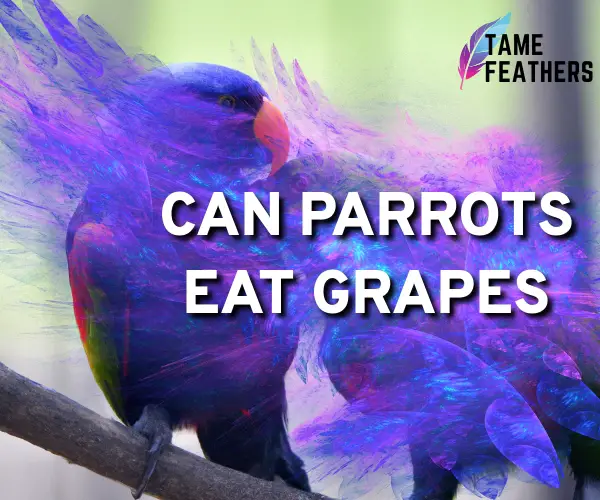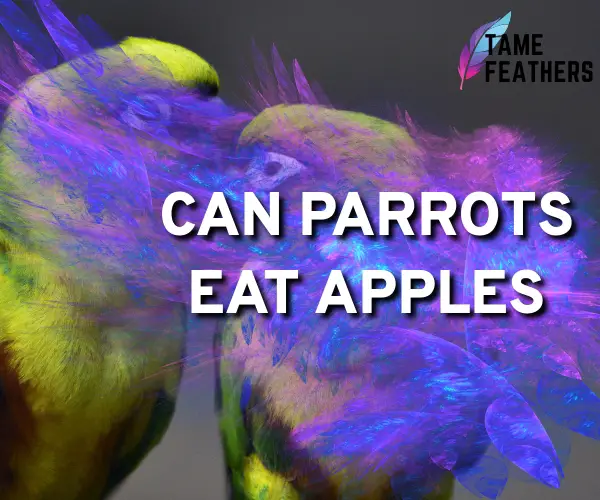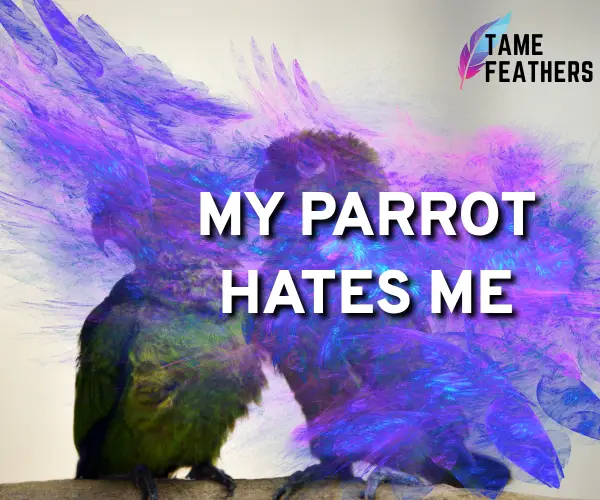Are you interested in parrots? Have you heard rumors that they bite and are unsure if the reports are accurate? Today, though, we’re going to learn the startling answer to one of the most frequently posed parrot-related queries: Do they bite? To learn more about these incredible birds, let’s look at what specialists have to say.
Do Parrots Bite?
Parrot owners know that these birds are highly intelligent and capable of forming strong bonds with their human companions. As such, many people wonder if parrots bite or not. The truth is, it depends on the type of bird you have and how they were raised when they were young. Some breeds are more inclined to biting than others, while some will never even consider it as an option!
Biting can be a sign of aggression in some species but in most cases it’s just a way for them to explore their environment. When a parrot bites its owner, it shows that there is something wrong either mentally or physically which needs to be addressed quickly so that the issue does not escalate into something worse.
To answer the question definitively: yes, do parrots bite. It all depends on the breed and individual bird’s personality though; some may never show signs of aggression while others might seem like they want nothing more than to take a nibble out of your finger!
What Causes Parrots To Bite?
There are several reasons why parrots may become aggressive enough to resort to biting humans or other animals around them: fear, boredom/lack of stimulation, illness/pain (such as feather plucking), hormones due breeding season etc.. In addition, improper handling techniques by humans can cause birds to feel threatened and therefore lash out with their beaks in self-defense.
Fear is one common reason why parrots bite us; this could occur from sudden movements near them or being exposed too suddenly to new environments without having time for proper introductions first between pet and handler (or stranger). Furthermore if an animal has been neglected before adoption – meaning no socialization at all – then this lack in basic trust towards humans will lead him feeling scared and lashing out when approached closely by any person whatsoever [1].
Parrot Handling Tips
When handling a wild caught bird for instance – especially those who have been kept alone prior – we must always remember that “gentle touch” policy: no sudden moves nor jerks should ever be done around him during interaction moments because this behavior only reinforces negative feelings already existing within said animal [2]. We should also avoid touching our pets head directly as well since most species tend dislike being touched there due sensitive area located under feathers [3] . Other important tips involve keeping calm voice tone whenever interacting with our feathered friends accompanied by lots patience & understanding along way too!
Taming A Wild Parrot
If you plan on taking home wild caught specimen then please keep few key things mind before doing so: taming process requires lot time commitment plus dedication order succeed properly here thus don’t rush journey ahead unless truly prepared tackle challenge ahead accordingly! First step involves finding safe environment where both parties feel comfortable interact each other without any outside disturbances happening nearby vicinity such loud noises coming from appliances running around house etc… After setting up ideal spot now comes part establishing trust between animal handler through regular contact sessions involving gentle touches alongside verbal soothing words directed at creature itself until he starts showing positive response scenarios back toward caretaker[4] .
Punishment For Biting
It’s important not punish your pet after he bites you because punishing him would only reinforce his fearful behavior further instead helping lighten situation up bit here; instead try find underlying cause behind incident itself first identify possible solutions addressing same issues later down road once problem has been identified correctly[5]. If unfortunately cannot find root source misbehavior then best course action here would enlisting help professional trainer specializing field end result sought after working together properly achieve desired outcome everyone involved ultimately satisfied final product achieved altogether !
FAQs About Parrots
Other Parrot Posts You Might Enjoy!





